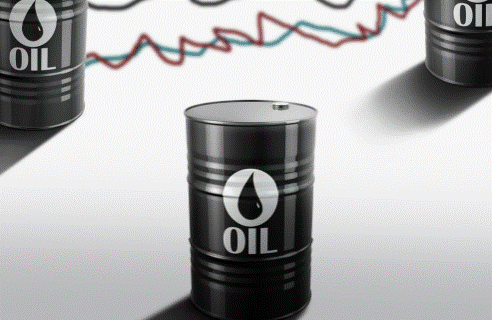MHMarkets analysis shows that although the global carbon capture, utilization, and storage (CCUS) industry still faces policy and implementation challenges, this market is rapidly evolving into a "new battlefield" for energy giants. Especially in the context of carbon neutrality and green transformation, traditional oil and gas companies are accelerating their layout, viewing it as the core engine for profitability and transformation in the next decade.
According to the latest report from energy consulting firm Wood Mackenzie, by 2050, the global CCUS processing capacity is expected to expand to 2061 million tons per year, 28 times the current level, and the total market value is expected to exceed $1.2 trillion. MHMarkets stated that there are currently about 50 CCUS projects in operation worldwide, with a total annual capture capacity of 51 million tons and a cumulative investment commitment of 80 billion US dollars, concentrated in the United States, Canada, and Europe.
However, WoodMac remains cautious about mid-term development and expects growth over the next decade to be 22% lower than expected.

However, MH Markets believes that this has actually opened up a new track for traditional energy companies.
ExxonMobil has become a pioneer in this field. The company's latest project combines natural gas power generation and carbon sequestration, planning to provide low-carbon electricity to data centers in the United States while achieving over 90% of carbon emissions capture and sequestration. ExxonMobil has also signed carbon sequestration agreements covering the steel, hydrogen, and ammonia industries, with an annual sequestration capacity of 6.7 million tons.
In 2023, ExxonMobil acquired Denbury Inc., a carbon capture specialty company, in a $4.9 billion all stock deal. Denbury Inc. has the longest carbon dioxide transportation network in the United States (approximately 1300 miles) and uses enhanced oil recovery technology (EOR) to recover CO? From oil and gas, creating a "carbon negative oil" model. CEO Darren Woods said that its low-carbon business is expected to bring in billions of dollars in revenue for ExxonMobil in the next decade, even surpassing its traditional oil and gas main business.
European energy giants Shell, Equinor, and TotalEnergies are also increasing their investment. Three companies announced a $714 million expansion of the Aurora Borealis CCS project and signed a 15 year cooperation agreement with Swedish energy company Stockholm Exergi to sequester 900000 tons of CO2 annually. At present, the annual processing capacity of the project has been increased to 5 million tons, which is more than three times the initial plan.
MHMarkets concluded that although carbon capture cannot independently achieve global emission reduction targets, as an important pillar of energy transformation, its policy driven and long-term return potential are attracting more and more traditional giants to enter the market. As the pace of global green transformation accelerates, whoever can seize the initiative in technology and resources may take the lead in the next energy cycle.
Mobile phone:+86-0516-87631319
Phone:+86-15651461419
Mailbox:3966142672@qq.com
Address: No. 20 Zhenxing Avenue, Xuzhou Economic and Technological Development Zone, Jiangsu Province